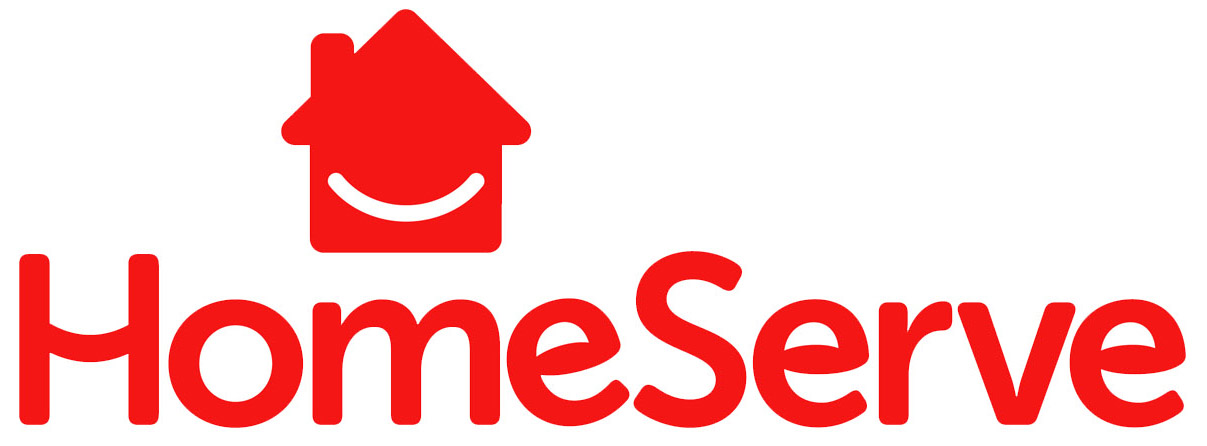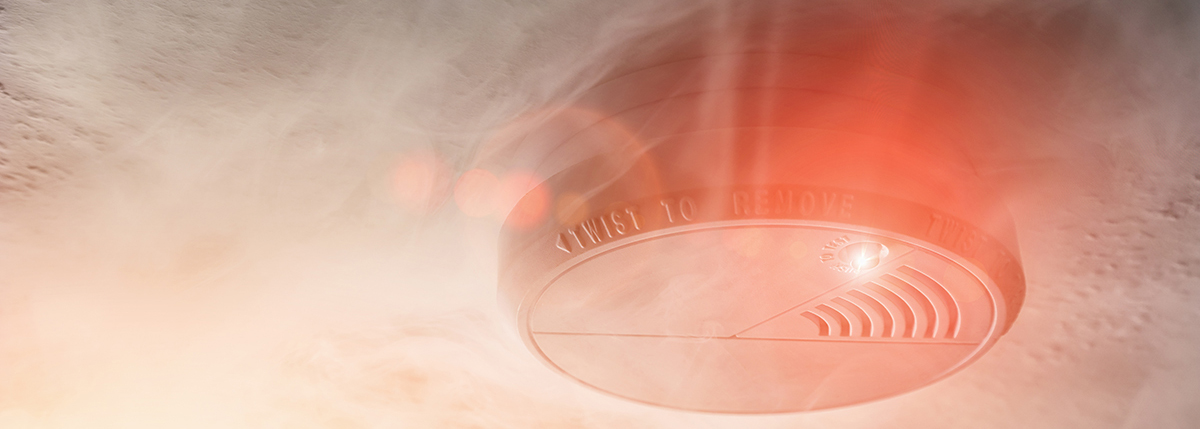With fall comes cooler weather, hot drinks, sweaters and … heating system maintenance? That’s right, it’s time for National Tune Up Day!
The colder it gets, the harder our heating systems work, and the more likely they are to break down if there is an ongoing problem. No one wants their furnace or boiler to break down, and annual maintenance keeps it in good working order. However, because many heating systems are out of sight, some homeowners pay them no mind, until they aren’t working correctly.
Regular maintenance keeps heating systems chugging along, because 29 percent of home energy usage is heating-related, according to ENERGY STAR. For every year of maintenance and cleaning that is skipped, the energy bill increases by 5 to 10 percent, according to House Logic. So, an annual tune up keeps heating systems energy efficient and lasting longer, providing additional years of service.
What Does a Tune Up Include?
A tune up should include inspection of the system and cleaning of filters and coils and service, which can include testing fuel pressure, airflow, thermostat controls and pilot lights. During the inspection, a HVAC technician will examine the heating system for signs of wear-and-tear, such as cracks; look at the motor and compressor; and ensure that all parts are in good shape.
Once the system has been properly cleaned, a technician will replace any worn-out parts, such as fan blades or capacitors and, in some cases, lubricate parts. The technician will look for anything that will potentially cause a system to breakdown or cause extensive damage if left unchecked.
How Much Will It cost?
Most tune ups will cost between $100 and $200, depending on whether services include both the heating and cooling systems, the size of the home and the age of the system. However, once a HVAC system breaks down, it may cost several thousand dollars to repair. Labor costs average from $100 to $150 per hour, and that doesn’t include parts. The average repair cost is from $160 to $400 for furnaces, with the high end at $900.
The HomeServe State of the Home survey reported more than one-third of homeowners have $500 or less set aside for an emergency repair, 13 percent had difficulty finding a reliable HVAC technician when they needed one, and 17 percent required a HVAC system replacement or repair in the past year.
A tune up can prevent these expensive problems – and can be scheduled at a convenient time. When technicians must come out on an emergency after-hours call, the price increases.
Why Should a Licensed Technician Perform a Tune Up?
Homeowners should always hire a licensed HVAC technician with appropriate insurance to perform a tune up. It isn’t just about cost and convenience, it’s also about safety. Clogged flues, chimneys and filters can cause carbon monoxide to back up into the home, causing headaches, dizziness and nausea – even death. Carbon monoxide detectors can prevent carbon monoxide poisoning, and so can regularly cleaning out the heating system.
The technician will also check and tighten any electrical connections to ensure none are faulty and a potential fire hazard, according to the Home Advice Guide. Faulty electrical connections can short out the system and reduce its lifespan. Technicians will examine gas and oil connections, making sure they are in good working order. Dirty or leaking gas or oil connections don’t only hurt energy efficiency, but are a major health hazard, according to Energy Star.
HomeServe established National Tune Up Day, Sept. 25, in 2014 to remind homeowners to keep on top of needed maintenance. Homeowners are encouraged to mark National Tune Up Day on their calendars and schedule a home heating system tune up before it gets cold and they discover there’s a problem.
“With some simple preventive measures, homeowners can avoid potentially costly heating system issues this winter, and this is a timely reminder to schedule a tune up as soon as possible,” John Kitzie, HomeServe CEO, said.
HomeServe offers home heating protection plans, including plans that provide tune ups for homeowners who want protection from emergency heating repairs. HomeServe also offers service plans for water, sewer, electrical and other home emergencies. All plan holders have access to a repair hotline that is accessible 24 hours a day, 365 days a year. The hotline brings local, licensed and insured technicians right to their home for repairs.
Utilities are looking for opportunities to connect more deeply with consumers. HomeServe helps to improve consumer engagement for our utility partners through the integration of complementary home repair programs with utility initiatives. This includes as energy efficiency and safety, offering residents greater access and choice. Partnership allows the utility to leverage HomeServe’s marketing and communications expertise to educate their residents through a variety of channels. For more information, contact us.

